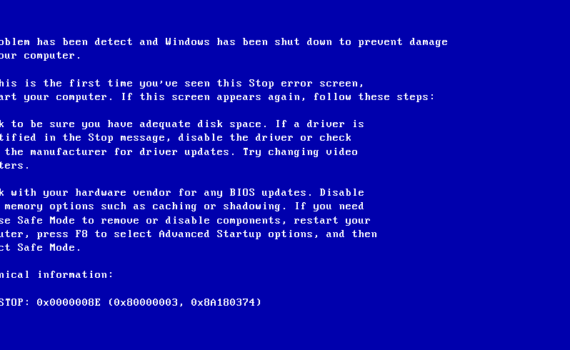
Faulty Memory Codes
The Ministry of Foreign Affairs in Poland has called upon Poles around the world to monitor the media for any use of phrases that have been designated as “wadliwe kody pamięci.” The phrase is tricky to translate, because it sounds as weird in Polish as in English: something like “faulty memory codes.” I’ve listed the forbidden terms below. They include some expressions that are genuinely misleading or inaccurate, but also some that have been (or easily could be) used by anyone writing about the history of Eastern Europe. We could attribute the inclusion of some of these terms to a weak understand of how adjectives are used in English, but that might be both too snarky and too generous.
At first glance, this story looks like another punchline in the ongoing self-parody that is Foreign Minister Waszczykowski, but behind it is something that is all too serious for anyone who writes or speaks publicly about Poland. According to the law already moving through the Sejm, three years in jail await anyone convicted of “publicly and contrary to the facts ascribing to the Polish Republic or the Polish nation participation in, organization of, or co-responsibility for the crimes of the Third Reich.” There’s a clause exempting “artistic or scholarly activity,” so perhaps I should start putting footnotes in my Facebook posts and blog entries, just to be on the safe side. The law would indeed apply to people like me, whether I’m in Poland or back home in the US. The proposed legislation states that the crime will be prosecuted “regardless of the laws obtaining in the place where the act is committed.” So anyone who plans to visit Poland (or any country likely to extradite someone to Poland for this offense–there goes your planned trip to Budapest) must be careful not to use any of the phrases below.
It is probably also advisable not to argue, as I have in multiple places, that the virulent antisemitism of the interwar years, spread not only by the Endecja but also by many within the Catholic Church, helped create an atmosphere that made it very hard for Poles to empathize with the Jewish plight during the war, which in turn made it much harder for Jews to survive in hiding or to find aid among their neighbors. It would only be necessary to summarize that argument as “antisemitism among Poles led to more Jewish deaths during the Holocaust,” and I’d be skirting right up against the law. Of course, I’ve also argued that the situation was no worse in Poland than anywhere else in Europe at the time—but that defense would rely on the PiS judicial system attending to contextualization and nuance.
__________
The forbidden phrases of the “faulty memory code”
- Polish concentration camps
- Polish death camps
- Polish extermination camps
- Polish gas chambers
- Polish factories of death
- The Polish Holocaust
- Polish ghettos
- Polish Nazis
- Polish genocide
- Polish mass murder
- Polish war crimes
- Polish crimes against humanity
- Polish war criminals
- Polish participation in the Holocaust
- The Polish SS
- Polish Auschwitz
- Nazi Poland
- Polish transit camps
- Polish internment camps
- Polish work camps
- Polish extermination of the Jews
- The Polish Gestapo
- Concentration camps, death camps, or extermination camps in Poland